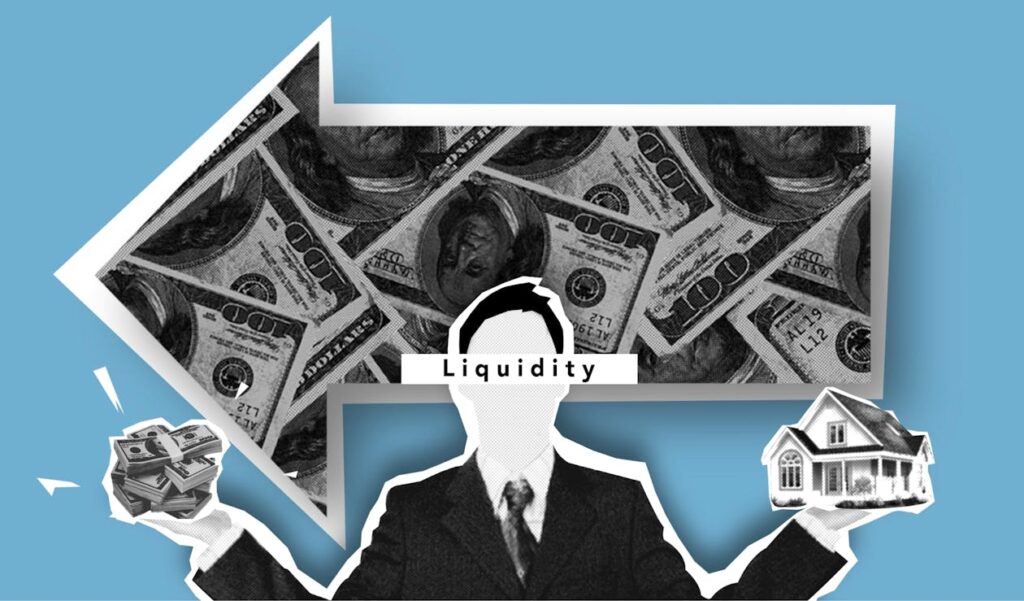
The Euribor (Euro Interbank Offered Rate) is a crucial reference rate for financial markets in the Eurozone, influencing everything from mortgages to savings rates. Recently, the rate has been on the rise, sparking discussions about its implications for personal finances. This article, informed by the analysis available at https://finanzasdomesticas.com/euribor-sube/, will explore what this increase means for homeowners, borrowers, and the broader economy.
What is Euribor?
Euribor is the average interest rate at which banks in the Eurozone lend money to each other. It is calculated daily and serves as a benchmark for various financial products, including adjustable-rate mortgages, personal loans, and savings accounts. The rate’s movement is influenced by multiple factors, including the European Central Bank’s (ECB) monetary policy, economic conditions, and market demand for liquidity.
Recent Trends in Euribor
In recent months, Euribor has been on an upward trend. This shift can be attributed to several factors:
- Economic Recovery: As the Eurozone economies recover from the impacts of the COVID-19 pandemic, increased economic activity and consumer spending have put upward pressure on interest rates.
- Inflation Concerns: Rising inflation rates have led the ECB to consider tightening its monetary policy. Higher inflation erodes the purchasing power of money, prompting central banks to increase interest rates to curb inflationary pressures.
- ECB Policy Adjustments: The ECB’s stance on monetary policy significantly affects Euribor. Recent signals from the ECB about potential rate hikes to combat inflation have contributed to the rising trend of Euribor.
Impact on Mortgages and Loans
The increase in Euribor has direct implications for homeowners and borrowers, particularly those with variable-rate loans and mortgages.
1. Higher Mortgage Payments: Adjustable-rate mortgages (ARMs) in the Eurozone are often tied to Euribor. When Euribor rises, so do the interest rates on these mortgages, leading to higher monthly payments for borrowers. This can strain household budgets, especially for those who are already financially stretched.
Example: A homeowner with an ARM linked to Euribor may see their monthly mortgage payment increase significantly as the rate rises.
2. Increased Loan Costs: Other variable-rate loans, such as personal loans or lines of credit, are also affected by changes in Euribor. Borrowers with outstanding variable-rate loans will face higher interest costs, making it more expensive to repay their debt.
Impact on Savings and Investments
While rising Euribor can be challenging for borrowers, it can benefit savers and investors in certain areas.
1. Higher Savings Rates: Banks may offer higher interest rates on savings accounts and fixed-term deposits in response to rising Euribor. This can be advantageous for individuals looking to grow their savings, as they can earn better returns on their deposits.
2. Investment Opportunities: Investors might find attractive opportunities in interest-bearing assets such as bonds and fixed-income securities. As interest rates rise, newly issued bonds offer higher yields, providing better income prospects for investors.
Broader Economic Implications
The rise in Euribor also has broader economic implications, influencing consumer behavior, business investment, and overall economic growth.
1. Consumer Spending: Higher borrowing costs can reduce disposable income for consumers with variable-rate loans and mortgages. This can lead to a decrease in consumer spending, which is a critical driver of economic growth.
2. Business Investment: Rising interest rates can impact business investment decisions. Higher borrowing costs may deter businesses from taking out loans to finance new projects or expansion plans, potentially slowing economic growth.
3. Housing Market: The housing market is particularly sensitive to changes in interest rates. Higher mortgage rates can dampen demand for housing, leading to slower growth in home prices or even price declines in some areas.
Strategies for Managing the Impact
For individuals affected by the rising Euribor, several strategies can help mitigate its impact on personal finances:
1. Fixed-Rate Mortgages: Switching from a variable-rate to a fixed-rate mortgage can provide stability in monthly payments, protecting homeowners from further increases in interest rates.
2. Refinancing: Refinancing existing loans at a lower fixed rate can reduce monthly payments and overall interest costs, especially if done before rates rise further.
3. Budget Adjustments: Reevaluating and adjusting household budgets to account for higher loan payments can help manage cash flow more effectively.
4. Savings and Investments: Taking advantage of higher interest rates on savings accounts and exploring investment opportunities in bonds and other fixed-income securities can help offset increased borrowing costs.
Conclusion
The rise in Euribor has significant implications for borrowers, savers, and the broader economy. Understanding these impacts and adopting proactive financial strategies can help individuals navigate the challenges and opportunities presented by changing interest rates. As the economic landscape continues to evolve, staying informed about Euribor trends and their implications remains crucial for effective financial planning. For more detailed analysis and updates, readers can visit https://finanzasdomesticas.com/euribor-sube/.

